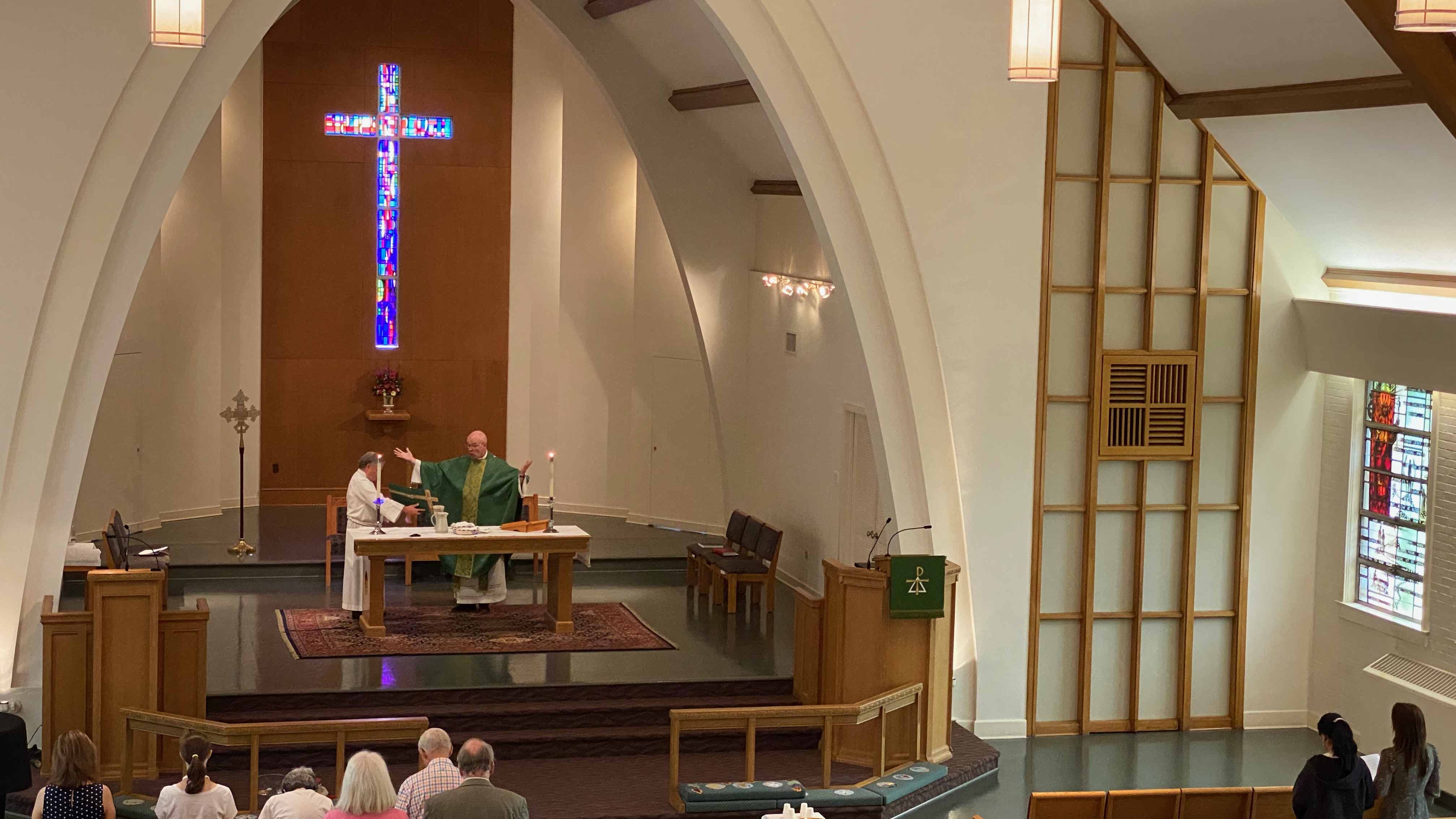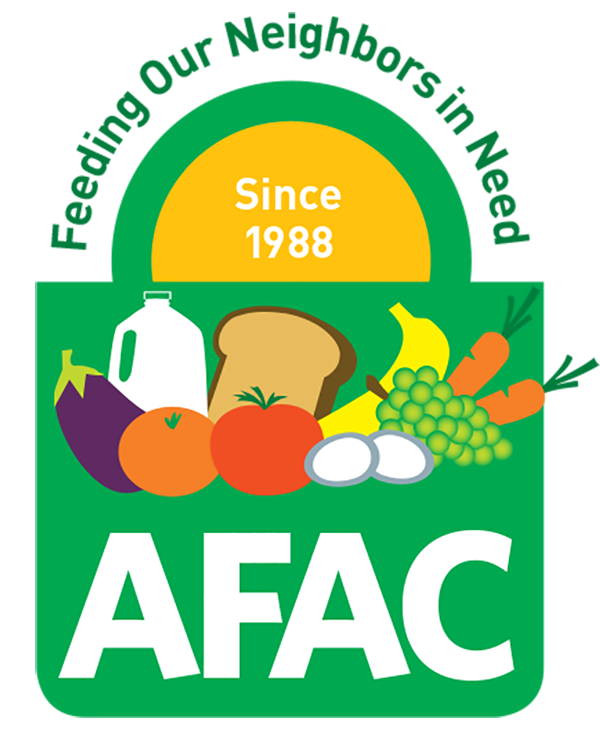What has the year 2020 revealed for our 20/20 societal vision? Quite a lot, and it’s a challenge to take it all in. Where to begin? Certainly, the pandemic has revealed the extent to which persons of color, the poor, the frontline workers, and other vulnerable persons have borne the brunt of Covid-19’s devastating effects. This, then, reveals the literally ill effects of wealth inequality in our nation, for those disproportionately affected lack access to the kind of medical care that would mitigate the worst effects of the coronavirus. Moreover, many in less privileged populations cannot afford to consistently create the kind of physical distancing at home and at work that keeps the virus at bay.
Another revelation of the pandemic is just how privileged many of us are who enjoy comparative wealth and are in professions and circumstances where working safely from home is a viable and sometimes even attractive option.
In terms of the economic effects of the pandemic, many have been devastated, especially those already in precarious conditions and professions. Others have made out like bandits, perhaps especially those in industries most called upon to deal with the effects of our new pandemic-caused circumstances. Think of Zoom and others like them. Thanks be to God for the ways that technology has made livelihoods and routines possible. Think of what our congregational life would be without Zoom, for example, being employed to enable us to have meetings and Bible Studies and other gatherings of people. I don’t begrudge anyone due profit from much needed goods and services, but there is a sense in which some are profiting at others’ expense.
In short, what is revealed in bold relief in 2020 is the age-old adage, “the rich get richer and the poor become poorer.”
Also revealed in 2020 that makes for 20/20 vision is the extent to which racism and racial tensions persist as plagues on communities and our whole society. And, the polarization in our society is extreme between red and blue states and communities, between urban and rural regions, and coastal areas compared with the nation’s heartland. Still more is the resilience but also fragility of democracy. The list of what has been revealed for 20/20 vision this year can go on.
Everyone has suffered this year, privileged and poor. Think of our congregation, for example. Giving to the congregation is noticeably down this year, because we’ve not been meeting in person on Sundays to benefit from passing offering plates. The losses are not catastrophic, but if things don’t improve in 2021, there may be budget cuts in the offing. Likewise, we as a congregation have fasted from the central things of Christian tradition and practice, namely, assembling in person around the in-real-time, in-the-flesh proclamation of the word and celebration of the sacraments, Holy Baptism (there is a line of Resurrection-related babies waiting for baptism) and Holy Communion. How we miss the Eucharist! Yet, we willingly undertook this abstinence in our relative privilege, motivated by the Christian ethical calling of serving and loving our neighbors, especially those most vulnerable and in need. The suffering of this year, again, has disproportionately been borne by the most vulnerable.
Many long for a speedy return to “normal,” hope for this being provided by the introduction in record time of effective vaccines. But there again, access to vaccines will likely be greatest in the wealthiest nations. Some whole nations, which are less affluent, may go without vaccines for a significant time period. Again, the richer gain, the poorer suffer.
I pray that there will not be a going back to the same “normal,” if normal means perpetuating the exclusion of many from God’s abundance. For one of the benefits of 20/20 vision in 2020 is to reveal to us what God may be calling us to address and nurture as a nation, indeed, as a whole species – and that is greater attention to the needs and opportunities, again, of the most vulnerable and marginalized in our societies, greater commonwealth for all, regardless of race and class and other marginalizing circumstances. Early in the pandemic, I recall writing that the crises of our days present opportunities which I hope we would not squander as individuals, as church, as a nation, as a species.
Perhaps this season of our life together is a calling to listen to the voices and perspectives of our children and youth, who as I observed at the beginning of this little essay, often have the greatest acuity in seeing what needs to be seen, and naming what needs to be named. It was the wisdom of St. Benedict to instruct the abbot, the head of a monastic community, to listen to the voice and perspectives of the youngest members of the community, for it is in them that God in Christ may be speaking words of truth in the power of the Spirit. I think of Greta Thunberg, the young Swedish activist, and her prophetic witness concerning climate change. I think of the many student protests in recent decades throughout the world, young people consistently being the ones to speak truth to power. We who are older do well, therefore, to listen to the voices of children and youth and young adults. “The wolf shall live with the lamb, the leopard shall lie down with the kid, the calf and the lion and the fatling together, and a little child shall lead them…. They will not hurt or destroy on all my holy mountain; for the earth will be full of the knowledge of the Lord as the waters cover the sea.” (Isaiah 11:6, 9) What a lovely and compelling prophetic vision for us today and for all time.
We shall see what 2021 brings, but by God’s grace via the prodding of the Holy Spirit, may we not lose our 20/20 vision concerning what we are called to learn from this year of crises toward nurturing communities of God’s greater justice and commonwealth for all. I, for one as your pastor, pledge to discern with you in the coming months what we as a congregation may do to respond to the divine callings revealed in a tumultuous year that we are otherwise eager to leave behind.
God in Christ help us all in the power of the Spirit,
Pastor Jonathan Linman






